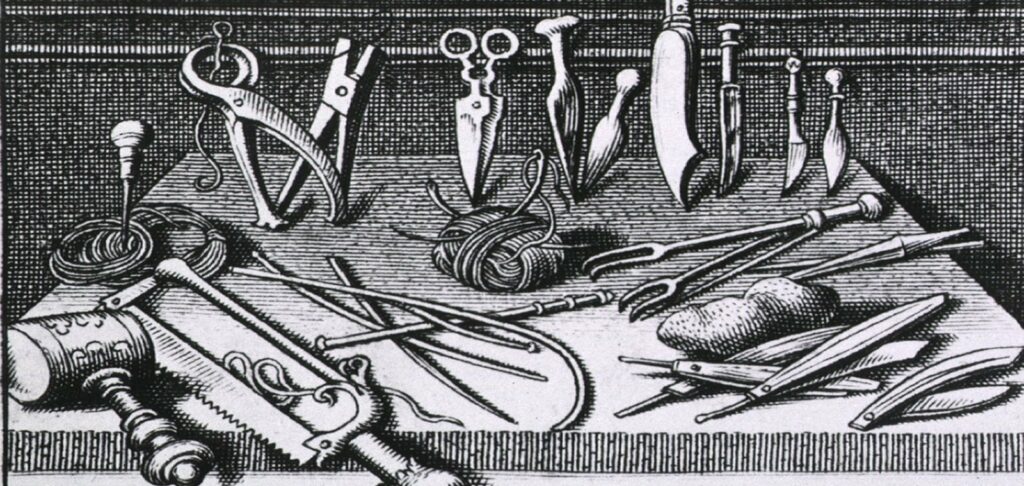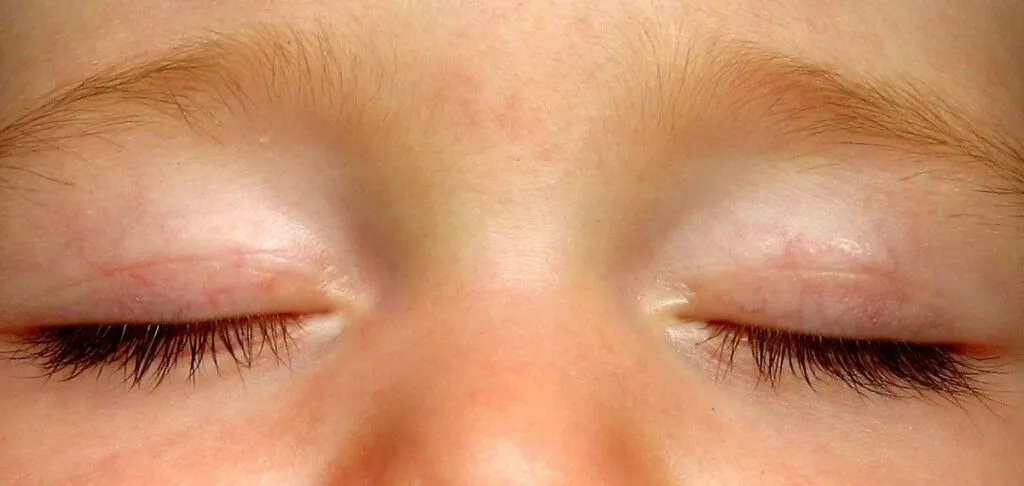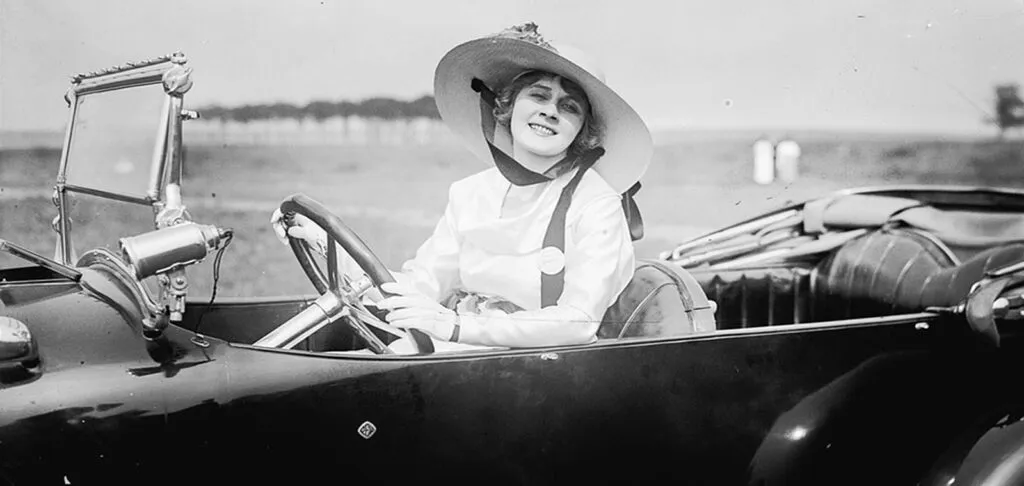
Barber time
Ambroise Pare was born in 1516 in the family of a poor artisan, engaged in the manufacture of chests. His father arranged for the boy to be apprenticed to a barber. In those days, this profession was considered prestigious and even “aristocratic”. Firstly, barbers were members of the houses of the highest dignitaries, and secondly, “gentlemen barbers” were also engaged in surgery. The so-called “short-sex” surgeons, who wore clothes with short floors, opened blood and extracted teeth, and “long-sex” were allowed to engage in complex operations. And all this in parallel with the main profession – barbering.
In those days, only specialists in internal medicine, that is, in modern terms, therapists, were considered healers. It was they who studied at the medical faculties of universities and came out of there, as it is called, certified specialists. But the “barbers” had their own undeniable advantages: they were pleasant interlocutors and confidants for high-ranking gentlemen, as in Beaumarchais’ The Barber of Seville.
The art of dressing wounds
But back to the young Ambroise Pare. He first practiced at the Hôtel-Dieu Hospital in Paris, and then went as a military barber-surgeon to the Italian Campaign. Despite the romance of knights’ plumes and banners flying proudly, medieval warfare was terrible. Helping the wounded was not considered obligatory: a bleeding man could be left on the battlefield, and if he was treated, it was with such barbaric means, which now cause only a shudder. For example, gunshot wounds were poured with boiling oil so that the infection did not penetrate into the blood and there was no general contamination. In front of the military surgeons’ tents there was a fire and a pot of boiling oil, but there was not always enough oil.
Once there was not enough oil for the wounded, treated by Ambroise Paré… He got out of the situation – he applied the so-called cold balm to gunshot wounds: mixed egg yolk with rose and terpentine oil. And the morning found that the cold balm worked better than boiling oil, and the infection did not go into the blood. From that moment on, the French surgeon gained European fame.
For the first time in the history of surgery, Pare performed an elbow dislocation. And he performed this unheard-of operation under military field conditions. And then, using two years of military surgical experience, he published a book on the treatment of gunshot wounds, where he categorically rebelled against the use of boiling oil. It was thanks to Ambroise Pare that the so-called cold dressings came into use, which helped the wounded to recover quickly. However, when praised, the maestro liked to say: “I only dress wounds, but God heals them.
A lifeline
Ambroise Pare’s scientific works on physiology, anatomy, and even internal diseases belong to him. But the main achievement of the father of French surgery is considered to be the use of blood vessel ligation during surgery.
At that time, surgeons knew how to stop only minor bleeding by pressing a sponge or a piece of cloth soaked in some balm to the wound. But in severe bleeding, and especially in amputations, these methods did not help. Surgeons noticed that blood coagulates at high temperatures and began to use red-hot knives during operations, and later cauterized the wounds with special tools. But even this did not always help, the wounded man died from loss of blood.
What did Ambroise Paré do? He cut the skin a little above the operation site, exposed the large blood vessels and tied them off with thread. The smaller blood vessels were tied off by Pare during the operation itself. The “Ambrose Pare thread”, like Ariadne’s thread, has gone down in history.
The Royal Surgeon
In 1552, Ambroise Pare became a royal surgeon: he entered the service of Henry II Valois. Since then, he has treated his children, immortalized in the novels of Alexandre Dumas – Charles IX, Henry III, and, of course, the beautiful Queen Margot Valois. By the way, she was considered a pupil of Maître Pare and was famous for her art of treating wounds. Dumas’s novel describes how, during the Night of Bartholomew, a bleeding Huguenot nobleman burst into Margot’s chambers, and the queen managed to stop the bleeding and treat his wounds without the help of Maître Pare.
Where was Maître Ambroise Paré himself, also a Protestant, during the Night of Bartholomew? King Charles IX saved his life by hiding him in his own chambers. He locked the surgeon in the checkroom and did not let him out until morning, when the massacre was over. Pare heard the bells ringing, the piercing screams of the dying, the groans of the wounded, but for the first time in his life he could not help anyone. The Catholics were slaughtering the Huguenots, and very few Protestants survived the night.
Dentures from Pare
What was next for Ambroise Paré? He became a doctor of medicine, author of ten books on surgery, as well as treatises on combating plague and chickenpox. He was the first to describe the fracture of the neck of the femur and to study the technique of amputation, and proposed the use of prostheses instead of amputated limbs. Towards the end of his life, the maestro was so successful in the art of prosthetics that he decided to reproduce a human hand. He thoroughly studied the anatomy of the hand and built a hand, each finger of which moved separately, driven by a system of gears and levers. And for a scribe who had his hand amputated, he made a prosthesis with a special pen holder.
In 1573, Ambroise Paré published his life’s work, Two Books on Surgery. Like the previous scientific masterpiece of the maestro (the book “Method of treating wounds”), the new work was written in French, not Latin – the official language of science and the church. Many of Pare’s colleagues were outraged: how, this unscrupulous Huguenot again violated the rules of decorum and did not bother to translate his work into Latin! Nevertheless, among true scientists “Two Books on Surgery” was a huge success. They have not lost their scientific value to this day. However, even without them, modern physicians owe much to Maitre Para. He was one of the few humanists of his brutal, bloody era. This humanism was the basis of his greatness.



